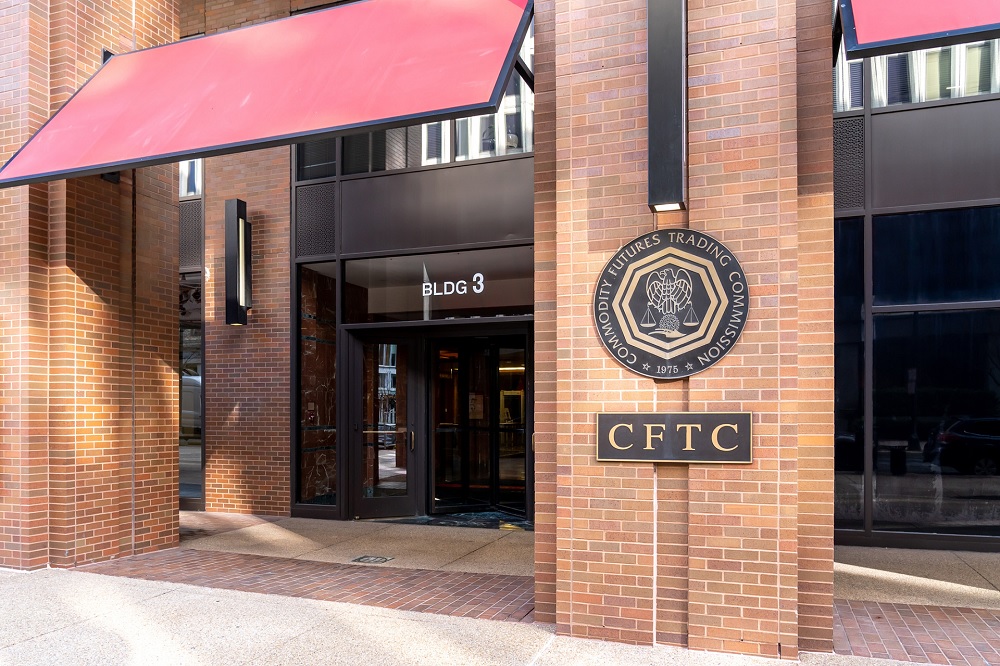The Commodity Futures Trading Commission (CFTC) today announced a civil enforcement action in the U.S. District Court for the Eastern District of Washington against Francier Obando Pinillo, doing business as Solanofi, Solano Partners Ltd., and Solano Capital Investments –collectively Solanofi entities – for engaging in a fraudulent digital assets multilevel marketing scheme worth at least $5.9 million.
Pinillo targeted at least 1,515 customers in the United States, including members of a Spanish church where he was the pastor in Pasco, Washington, in the scheme.
As alleged in the complaint, Pinillo, individually and doing business as the Solanofi entities, mainly targeted Spanish-speaking customers who had little to no experience or understanding in digital asset transactions or commodity interest trading. He abused his position of trust as the church pastor to attract customers and claimed to be the CEO of the Solanofi entities that had an automated computer trading system which he called Solanofi.
Pinillo claimed to operate a leveraged staking trading platform which rewarded users through an interest pool based on high performance trading of cryptographic assets. He further claimed it was risk free and guaranteed profits of up to 34.9% compounded monthly.
Pinillo provided customers with access to an online dashboard with account statements showing their purported account balances and profits. He encouraged customers to involve friends and family in his fraudulent scheme by offering to pay a 15% referral fee to them for referring additional customers. These representations and account statements were false. During the relevant period, there was no trading platform, no trading took place, no profits were generated, and Pinillo misappropriated all assets that customers transferred to him.
Pinillo made omissions of material facts in solicitations to actual and prospective customers, including, but not limited to failing to disclose: there was no leveraged staking trading platform; no trading took place for the customers; the online account statements were fabricated; the Solanofi entities were a sham and their alleged profitability and trading track record were non-existent; profits cannot be guaranteed in the commodity markets; he misappropriated all assets he received from customers; and, payments he sent to earlier-in-time customers in the form of sham profits and/or referral payments were actually misappropriated assets of later-in-time customers in the nature of a Ponzi scheme.
In its continuing litigation, the CFTC seeks restitution to defrauded customers, disgorgement of ill-gotten gains, civil monetary penalties, trading bans, and a permanent injunction against further violations of the Commodity Exchange Act and CFTC Regulations.









